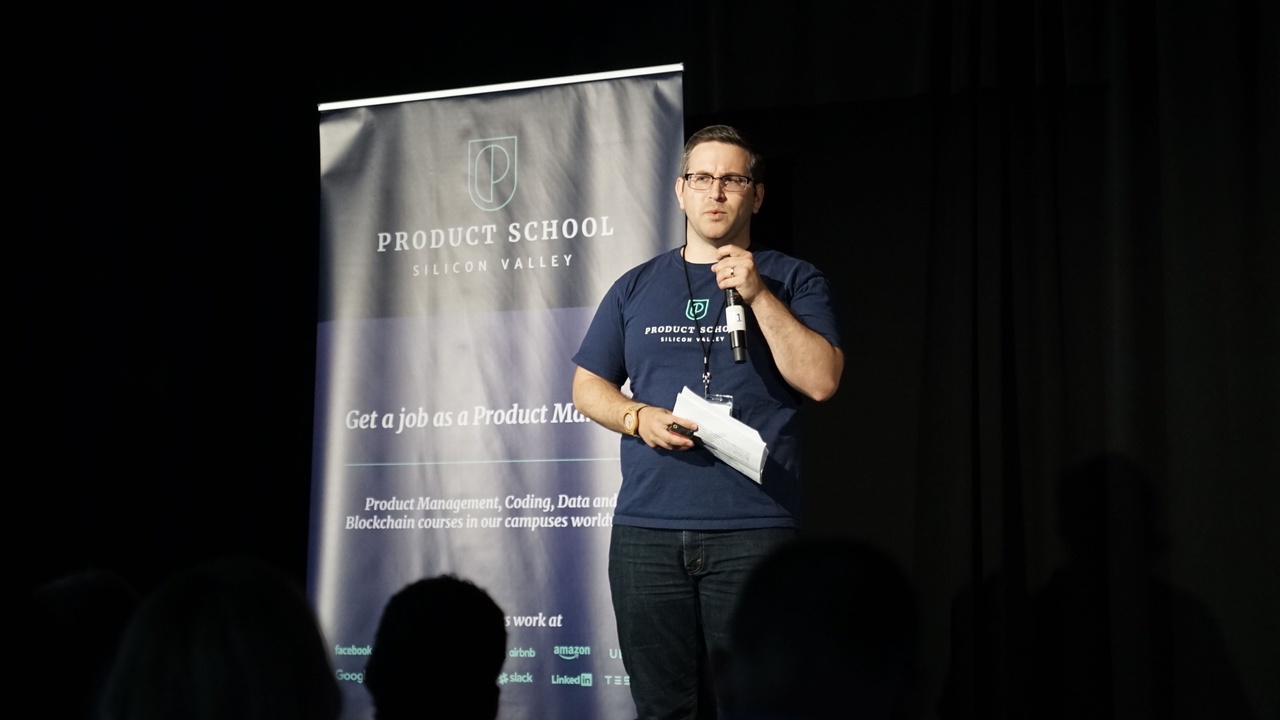Coronavirus: How to Keep Your Perspective

Stormy or sunny days, glorious or lonely nights, I maintain an attitude of gratitude. — Maya Angelou
By John Millen
As the world is gripped by attempts to control the spread of the coronavirus, it’s natural to feel a deep sense of anxiety.
After all, we are seeing unprecedented events: the declaration of a global pandemic; the quarantine of whole countries; record losses in the stock markets; the closure of schools and public events; hundreds of millions of people working from home for the first time and much, much more.
For human beings, these kinds of unsettling events activate our amygdala, the “fight or flight” adrenaline-producing part of our brain. This can ignite panic and kick us into survival mode. We might feel a sense of doom about the world.
As a coach and consultant over decades, a big part of my work has been to help leaders gain perspective in all kinds of crises and stress-inducing situations.
Here are some tips modified to help you cope with the current situation:
Keep perspective
The most important thing you can do is to detach from your emotional reaction and get perspective. While it may at times feel overwhelming, this is not the end of the world.
As Nobel Prize winner Daniel Kahneman, author of the bestseller Thinking Fast and Slow said, “Nothing is as important as you think it is, while you’re thinking about it.”
Focus on others
The best way to deal with the anxiety of giving a presentation is to focus on your audience’s needs. This advice also applies to the rest of your life. Helping your family, friends and others who are struggling gives you a focus and a purpose.
Also, when you verbalize reassurance to others the words coming from your lips reinforce these messages in your own subconscious as well.
Tune out the noise
Limit your intake of news. As humans, we are not particularly good at assessing real threats to our safety. This is why the more negative news you listen to the more threatened you will feel.
People on television news and the Internet make money if you engage with their messages. That’s why they will turn up the fear factor as much as possible. Tune it out.
See this as an opportunity
You have the chance to spend more time with people you care about. Play board games, cook unusual foods, enjoy your time together. Of course, there’s also bingeing that television series you haven’t had the chance to watch.
On the self-improvement side, you might want to finally read that book you’ve thought about or take an online course.
I recommend openculture.com, an amazing resource, which offers “1,500 free online courses from the world's leading universities –– Stanford, Yale, MIT, Harvard, Berkeley, Oxford and more.” It has some 45,000 hours of content on virtually any topic that might interest you.
Express gratitude
In times like these, when we may feel a sense of scarcity, it’s valuable to focus on all the blessings in our lives. Expressing gratitude for what you have can overcome fear of what you might lose.
Think deeply about all the positives in your life: your family, your friends, the things that give you comfort.
Get some exercise
It’s clear that moving your body helps to alleviate stress, enhance optimism and give us a general sense of well-being.
If you don’t feel comfortable going to the gym, get out in the fresh air. Walk, run or ride a bike. Walk with friends or family. Walk during a conference call. Walk it off.
Write it down
Allowing negative thoughts to churn in your mind can compound the stress you’re feeling. If you don’t keep a formal journal, now would be a good time to take a pad or notebook and pour out how you’re feeling.
So many fearful thoughts that we have lose their power when they are brought into the light of day. Putting your fears on paper starts to give you a bit of distance, the opportunity to start being more objective.
I’m not a regular journal keeper but during key stressful moments in my life I used this exercise. It not only helps with perspective but is fascinating to read years later.
And that’s the key, finding the perspective to realize that at some point in the future our world will be brighter and all of this will become a distant memory.
Make this an opportunity: Keep your perspective, express gratitude and support those around you.
There are better days ahead.
To share your thoughts with me directly please visit my contact page.








